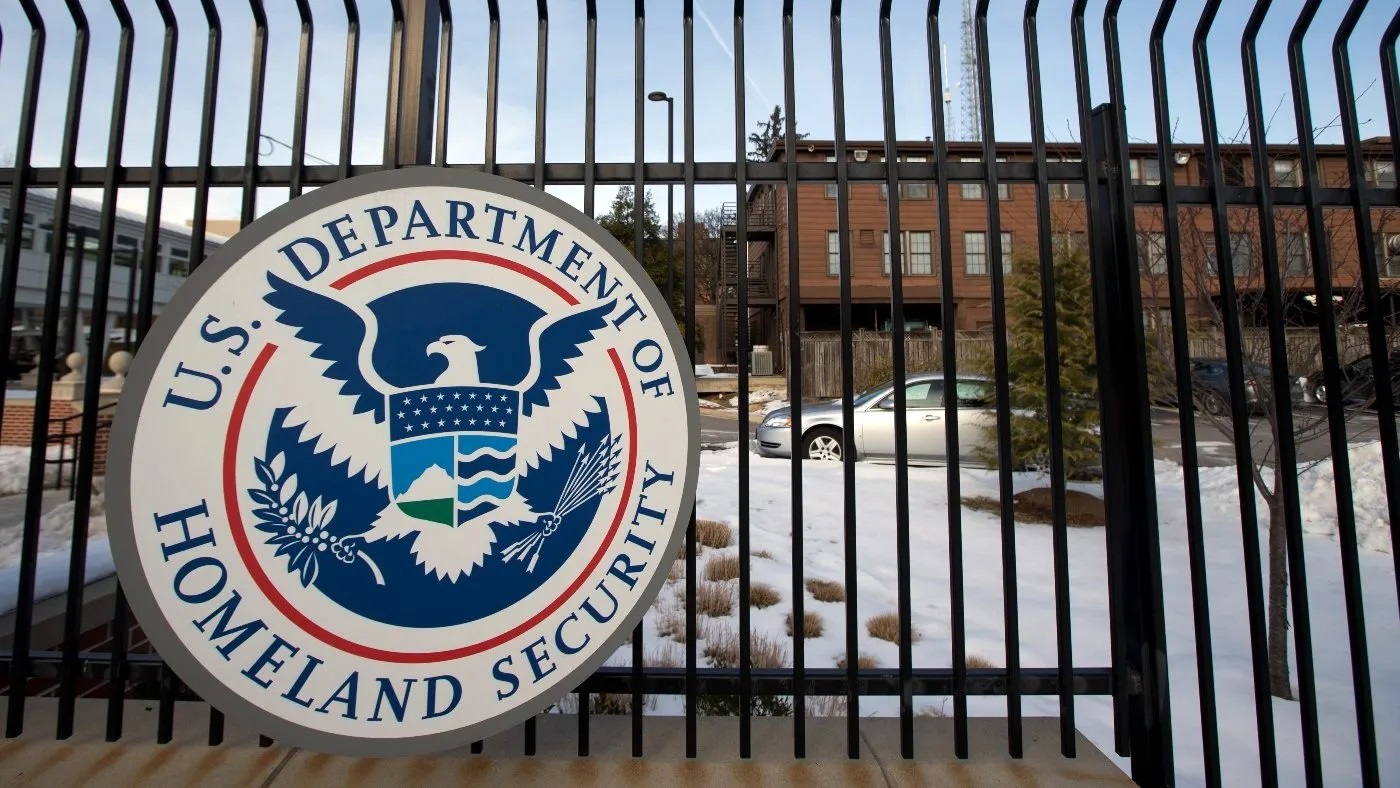The Temporary Protected Status for Syrians in America.. Between the Controversies of Politics and the Reality of Crises
September 21, 2025114 ViewsRead Time: 2 minutes

Font Size:
16
In a decision that stirs controversy regarding the outcomes of the Syrian crisis and the reality of refugees, the U.S. administration announces that conditions in Syria no longer prevent the return of its citizens, opening the door to ending the program that grants thousands of Syrians temporary legal status in the United States. This direction comes as part of a broader vision of the Trump administration regarding immigration issues, but it faces opposition from experts who believe that stability in Syria remains fragile.
Since 2012, the "Temporary Protected Status" program has allowed approximately 6,000 Syrians to live and work in the United States, based on the difficult security conditions that Syria was experiencing. However, Assistant Secretary of State for Public Affairs Tricia McLaughlin now believes that these conditions have changed, and that the continuation of the program "contradicts national interest".
This official stance has drawn criticism from immigration policy experts, such as Amanda Baran, who headed the Citizenship and Immigration Services policy in the Biden administration. She asserts that conditions in Syria "remain dangerous and unstable," pointing out that ending the program "burdens thousands of Syrians and the communities they live in".
On the other hand, David J. Bier from the Cato Institute clarifies that Syrians "have historically posed no significant terrorist threat," and that U.S. authorities are capable of denying any individual from the program if they pose a security threat.
The decision comes as part of a broader policy of the Trump administration aimed at intensifying deportation efforts and reducing immigration. U.S. officials emphasize that protection has always been temporary, and that improvements in conditions in some countries make the return of migrants safe.
However, opponents point out that Syria, despite the fall of the Assad regime, still faces severe security and economic challenges, and that the return of thousands could place an additional burden on a country still suffering from the effects of war.
Syrians with temporary protected status now face a 60-day deadline to leave the country voluntarily before they become subject to arrest and deportation. This decision puts thousands of families in front of difficult choices, between returning to a still fragile homeland or remaining in an illegal status in America.
The debate over this decision reflects the ongoing challenge of balancing humanitarian considerations with political and security priorities, in a case that remains one of the most complex asylum issues in the world.
Since 2012, the "Temporary Protected Status" program has allowed approximately 6,000 Syrians to live and work in the United States, based on the difficult security conditions that Syria was experiencing. However, Assistant Secretary of State for Public Affairs Tricia McLaughlin now believes that these conditions have changed, and that the continuation of the program "contradicts national interest".
This official stance has drawn criticism from immigration policy experts, such as Amanda Baran, who headed the Citizenship and Immigration Services policy in the Biden administration. She asserts that conditions in Syria "remain dangerous and unstable," pointing out that ending the program "burdens thousands of Syrians and the communities they live in".
On the other hand, David J. Bier from the Cato Institute clarifies that Syrians "have historically posed no significant terrorist threat," and that U.S. authorities are capable of denying any individual from the program if they pose a security threat.
The decision comes as part of a broader policy of the Trump administration aimed at intensifying deportation efforts and reducing immigration. U.S. officials emphasize that protection has always been temporary, and that improvements in conditions in some countries make the return of migrants safe.
However, opponents point out that Syria, despite the fall of the Assad regime, still faces severe security and economic challenges, and that the return of thousands could place an additional burden on a country still suffering from the effects of war.
Syrians with temporary protected status now face a 60-day deadline to leave the country voluntarily before they become subject to arrest and deportation. This decision puts thousands of families in front of difficult choices, between returning to a still fragile homeland or remaining in an illegal status in America.
The debate over this decision reflects the ongoing challenge of balancing humanitarian considerations with political and security priorities, in a case that remains one of the most complex asylum issues in the world.